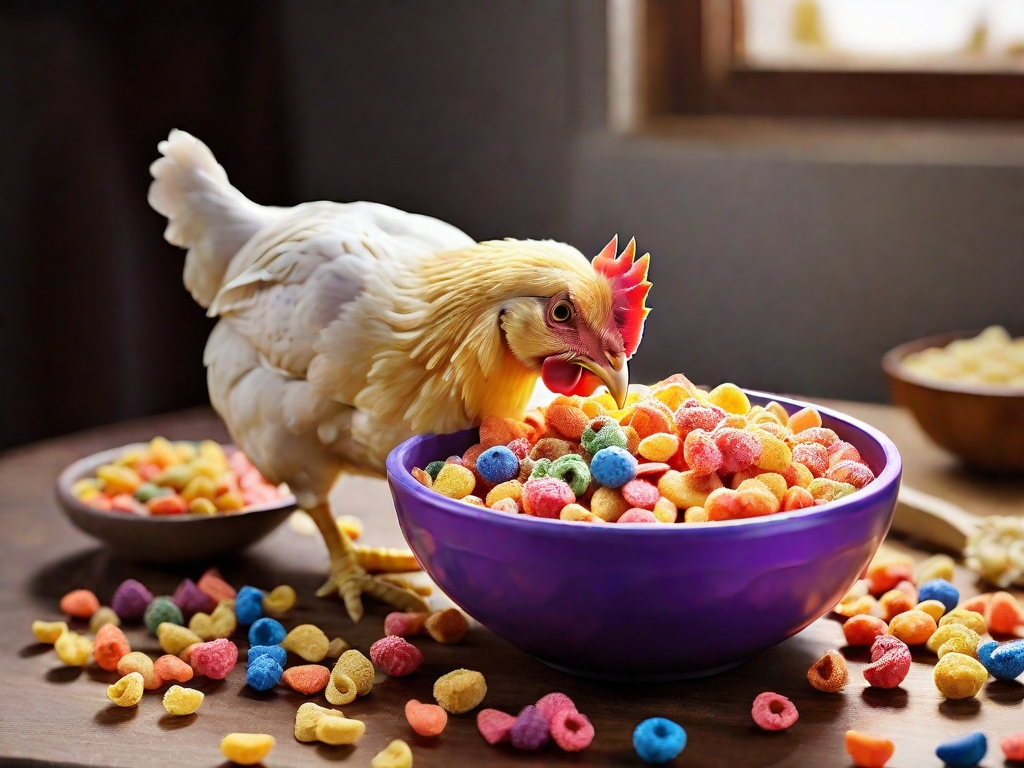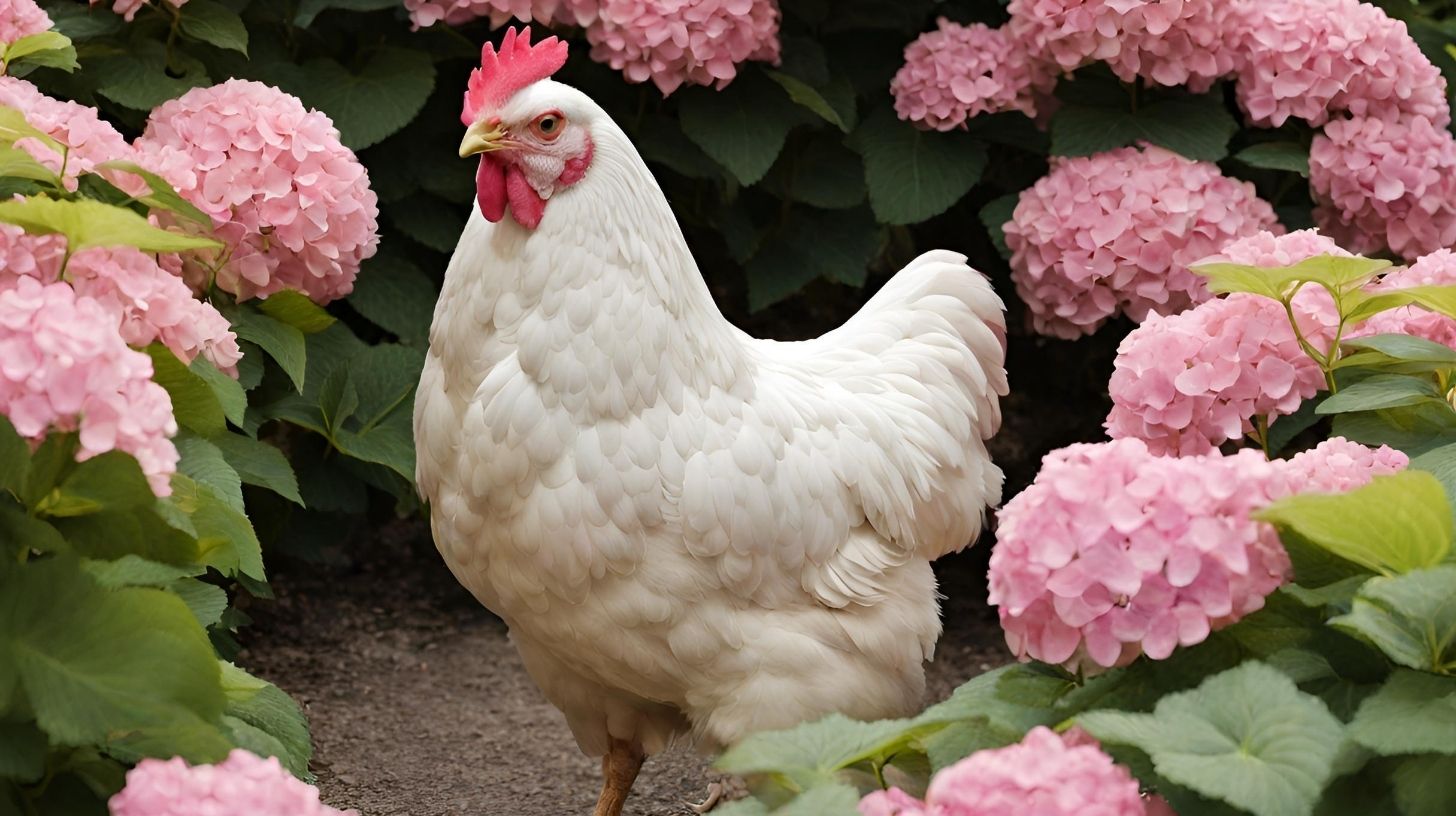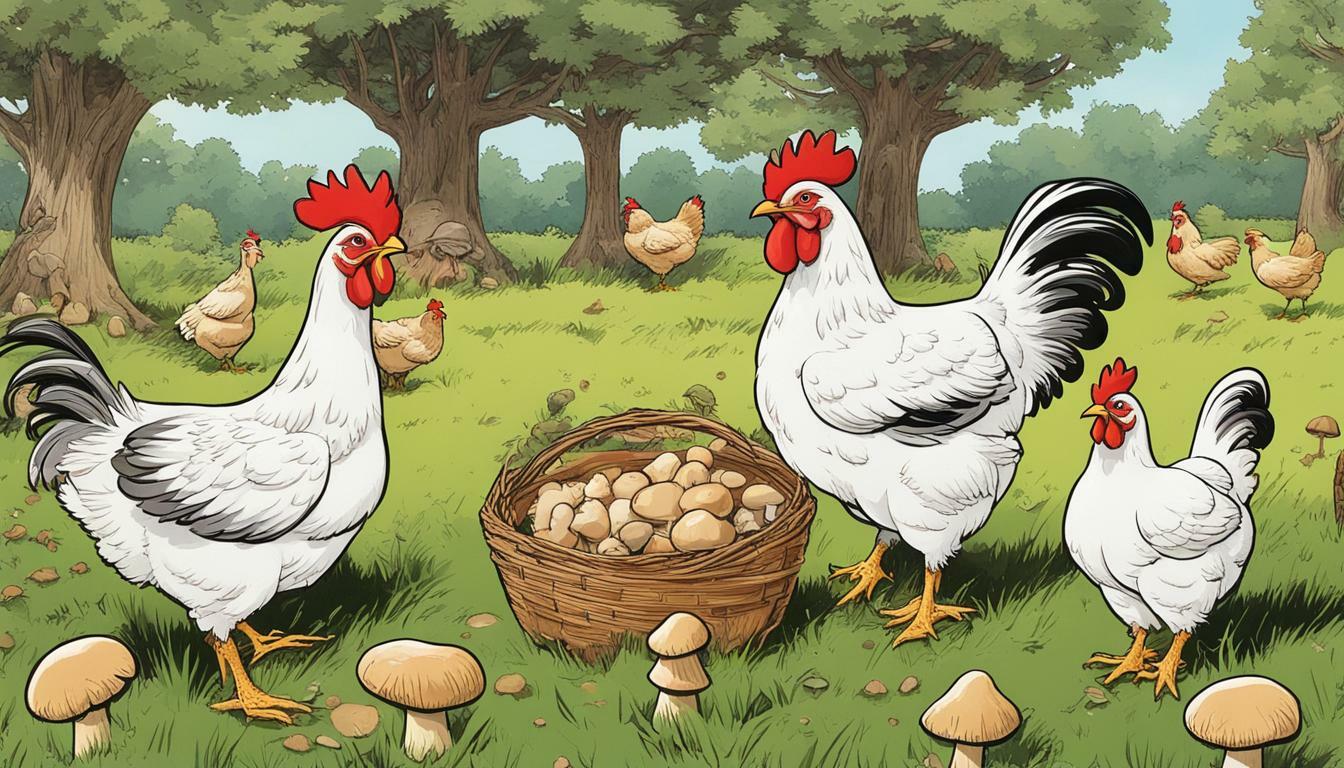Can Chickens Eat Pistachio Shells? Find Out the Facts Here!

Table of content:
- What Happens If Chickens Eat Pistachio Shells?
- Do Pistachio Shells Hurt Chickens?
- Can Chickens Digest Pistachio Shells?
- Do Pistachio Shells Have Any Nutritional Value for Chickens?
- What Should You Do If a Chicken Eats Pistachio Shells?
- How Many Pistachio Shells Can Chickens Eat Safely?
- Are Pistachio Shells Toxic to Chickens?
- Should I Stop My Chickens From Eating Pistachio Shells?
- Final Thoughts
Many chicken owners enjoy sharing treats with their flock. Pistachios are a popular human snack. You may be tempted to also feed the shells to your chickens. But are pistachio shells safe for chickens to eat?
What Happens If Chickens Eat Pistachio Shells?
Chickens can eat pistachio shells in small amounts. The shells provide calcium and other minerals chickens need. However, pistachio shells are fibrous and difficult for chickens to digest.
Eating too many pistachio shells can cause digestive issues like:
- Crop impaction – when shells get stuck in the crop pouch and obstruct it
- Proventricular impaction – when shells obstruct the gizzard
- Intestinal impaction – when shells obstruct the intestines
Shells may also lacerate the crop lining, gizzard, or intestines as they pass through, leading to infections.
Do Pistachio Shells Hurt Chickens?
Yes, pistachio shells can hurt chickens if they eat too many. The shells are hard and do not break down easily during digestion.
Some key risks of chickens eating pistachio shells include:
- Crop impaction – Shells getting stuck in the crop can cause it to stretch painfully. This may require surgery to fix.
- Gizzard impaction – Shells can overwork and block the gizzard. This is extremely painful and sometimes fatal.
- Intestinal impaction – Shells blocking the intestines cause severe pain, appetite loss, and even death.
- Lacerations – Shells can tear the crop, gizzard, or intestinal lining. This leads to infections.
- Broken bones – Shells may break bones in the digestive tract when muscular contractions try to pass them.
So while a few shells are okay, too many pistachio shells can hurt and even kill chickens. Monitor your flock closely if they eat shells.
Can Chickens Digest Pistachio Shells?
Chickens can digest small amounts of pistachio shells. Their gizzards will crush and grind down bits of shell with help from small stones and grit.
However, a chicken’s digestive system struggles to break down large, sharp pistachio shell pieces. Larger shards may irritate or lacerate the digestive tract when passed.
Chickens lack the enzymes needed to digest pistachio shells properly. Shells are high in lignin and cellulose – fibrous compounds chickens cannot derive nutrients from.
While shells provide some minerals, chickens won’t get many nutrients or calories from pistachio shells alone. They may fill up on shells without meeting their dietary needs.
Do Pistachio Shells Have Any Nutritional Value for Chickens?
Pistachio shells do contain some minerals valuable to chickens, including:
- Calcium for bone strength.
- Manganese for metabolism and egg production.
- Phosphorus for bone formation.
- Potassium for blood, cells, and enzymes.
- Iron, copper, and zinc.
However, shells lack key nutrients chickens need like:
- Protein for muscle growth and egg production.
- Amino acids for metabolic functions.
- Vitamin A for immunity and eye health.
- B vitamins for energy and growth.
The nutritional value of pistachio shells alone is fairly low for chickens. Shells do not provide complete nutrition. They should just supplement a balanced diet.
What Should You Do If a Chicken Eats Pistachio Shells?
If a chicken eats a few pistachio shells, simply monitor for signs of digestive upset.
Trouble signs include:
- Decreased appetite.
- Difficulty swallowing.
- Vomiting.
- Diarrhea.
- Lethargy.
- Dropped egg production.
If a chicken eats many pistachio shells:
- Prevent further access to shells.
- Feed mashed pumpkin to encourage passing of shells.
- Check for egg binding if a hen stops laying eggs.
- Call your avian vet if the chicken seems ill.
Surgery may be needed for crop, gizzard, or intestinal impactions to remove shells.
How Many Pistachio Shells Can Chickens Eat Safely?
There is no exact safe number of pistachio shells for chickens. In moderation, most adult chickens can handle a few shells at a time.
Chicks and juvenile chickens are at higher risk for impactions and should not eat any. Their digestive tracts are too small and delicate.
For adult hens, a good guideline is:
- No more than 1-2 shells per chicken 2-3 times per week.
- Shell pieces should be less than 1 inch long to prevent impactions.
- Stop feeding shells if any chickens show signs of illness or distress.
- Never feed chickens pistachio shells daily or in large amounts.
The safest approach is to consider pistachio shells an occasional treat, not a dietary staple. Monitor chickens closely afterward.
Are Pistachio Shells Toxic to Chickens?
Pistachio shells are not inherently toxic. However, moldy pistachio shells can cause toxicity issues.
Pistachios and their shells are prone to Aspergillus mold contamination. Inhaling the spores can lead to a serious respiratory disease called aspergillosis.
Salmonella and other foodborne pathogens may also grow on moldy pistachio shells.
Stick to giving chickens fresh, clean pistachio shells in small amounts. Discard any visibly moldy shells.
Rotting shells in the coop or run may attract rodents and predators with their smell too. Remove uneaten shells regularly.
Should I Stop My Chickens From Eating Pistachio Shells?
You don’t need to block access to pistachio shells entirely. Just take steps to ensure moderation.
Try these tips:
- Crush shells into smaller pieces so they are less likely to cause impactions.
- Offer shells separate from main meals so chickens fill up on nutritious feed first.
- Spread shells out over a large area outside to prevent gorging.
- Provide insoluble grit to aid shell digestion.
- Limit shell feeding to a few times a week.
- Remove uneaten shells within a few hours.
- Closely monitor chickens after they eat shells.
- Separate or treat any chickens showing signs of illness.
With smart precautions, chickens can enjoy pistachio shells as an occasional treat without issues. But their main diet should still be a quality complete feed.
Final Thoughts
Pistachio shells are not harmful to chickens in small, infrequent amounts. But chickens struggle to digest large quantities. Too many shells can lead to painful and potentially deadly digestive blockages and lacerations.
To safely allow chickens to eat pistachio shells:
- Crush shells into smaller pieces before feeding.
- Only offer 1 or 2 shells per chicken a few times weekly.
- Always monitor chickens closely afterward for signs of illness.
- Make sure chickens fill up on nutritious feed first.
- Never feed chickens pistachio shells daily or ad libitum.
While pistachio shells provide some minerals, they lack full nutrition for chickens. A quality complete feed should still be their primary diet. Overall, pistachio shells are best enjoyed in moderation as an occasional treat. With smart precautions, chickens can eat small amounts without issue.
Welcome. I’m Adreena Shanum, the proud owner of this website, and I am incredibly passionate about animals, especially poultry. I founded adreenapets.com as a labor of love, stemming from my desire to share my knowledge and experiences with poultry enthusiasts worldwide.




